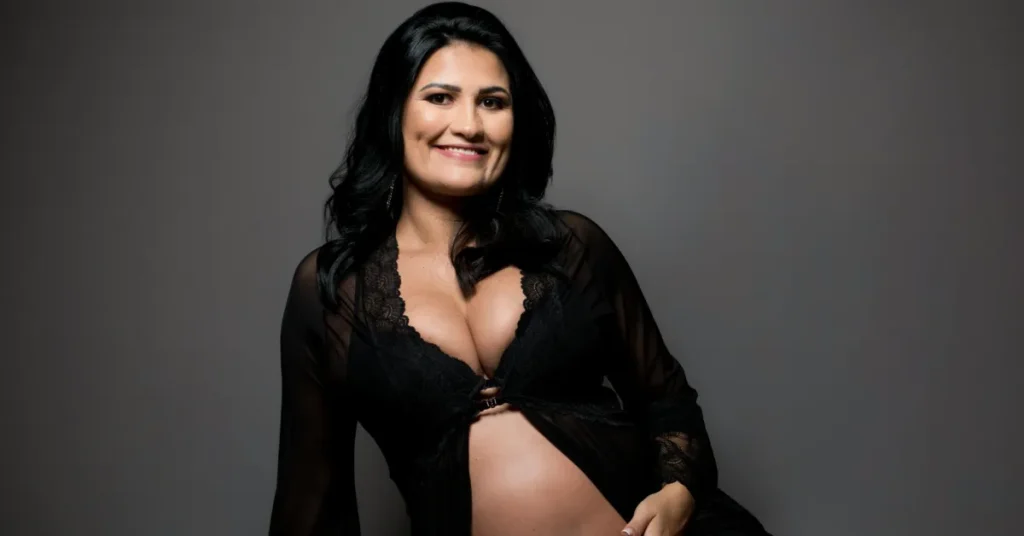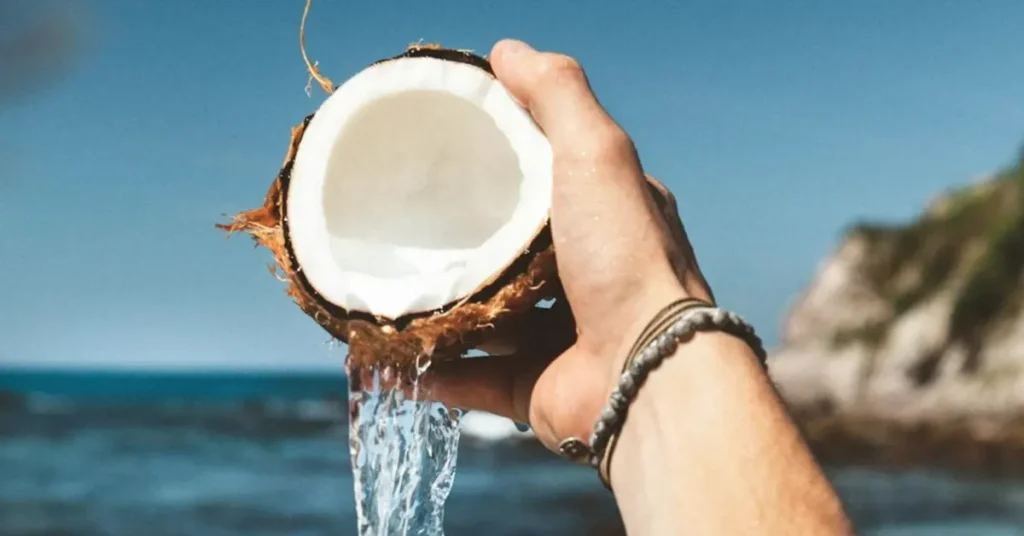Discover the factors that contribute to achieving luscious locks during this unique period.
Pregnancy brings about a host of physical changes, including shifts in hair growth patterns. But is it true that hair grows faster while pregnant? Many women report experiencing thicker, stronger hair during pregnancy. But how exactly does pregnancy influence hair growth? Read on to uncover the science behind it and explore the various elements affecting hair growth during pregnancy.

How Does Pregnancy Affect Your Hair?
The body undergoes significant hormonal changes during pregnancy. The first hormone to rise is human chorionic gonadotropin (hCG) (1), which is the hormone measured in standard pregnancy tests. Other hormones, such as estrogen, prolactin, and oxytocin, also surge during this time (1), leading to potential effects on hair health.
Increased blood circulation during pregnancy may also contribute to enhanced hair growth. Let’s delve deeper into this process.
Thicker Hair During Pregnancy
Hair naturally follows a growth cycle, with each strand growing over the course of 2 to 3 months before being replaced by new strands. However, pregnancy alters this cycle (2).
Around 15 weeks into pregnancy, you might notice your hair looking fuller. This isn’t because individual strands are growing thicker but because they remain in the growth phase longer due to elevated estrogen levels, giving the appearance of thicker hair.
That said, not all women experience this hair thickening during pregnancy.
Thinner Hair During Pregnancy
On the other hand, some women may notice increased hair shedding during pregnancy, often linked to a decrease in estrogen levels. This decline can be triggered by hormonal fluctuations or the cessation of contraceptive use. However, more research is needed to fully understand this connection.

Why Does Hair Fall Out After Giving Birth?
It’s common for women to experience noticeable hair shedding after delivery. As estrogen levels return to normal, the extra hair that remained in the growth phase shifts into the resting phase, causing more hair to fall out than usual. This shedding typically begins 3 to 4 months postpartum.
While it may seem alarming to lose hair in clumps, this is simply your body catching up with its regular hair cycle. Postpartum hair loss can happen at any time after delivery and usually resolves on its own within a year. However, if hair loss continues beyond this period, it’s best to consult a doctor.
Pregnancy causes a range of changes in the body, including shifts in hair growth. While some women enjoy faster-growing, thicker hair, others may experience thinning. Hormonal fluctuations affect everyone differently, but rest assured, most hair lost during pregnancy or after childbirth will grow back with time. If hair loss persists beyond a year postpartum, consider seeking medical advice.





